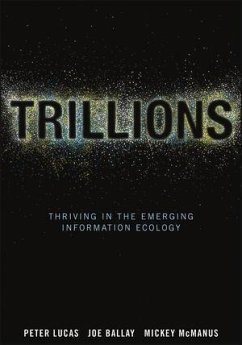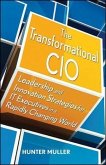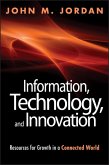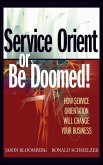We are facing a future of unbounded complexity. Whether that complexity is harnessed to build a world that is safe, pleasant, humane and profitable, or whether it causes us to careen off a cliff into an abyss of mind-numbing junk is an open question. The challenges and opportunities--technical, business, and human--that this technological sea change will bring are without precedent. Entire industries will be born and others will be laid to ruin as our society navigates this journey. There are already many more computing devices in the world than there are people. In a few more years, their number will climb into the trillions. We put microprocessors into nearly every significant thing that we manufacture, and the cost of routine computing and storage is rapidly becoming negligible. We have literally permeated our world with computation. But more significant than mere numbers is the fact we are quickly figuring out how to make those processors communicate with each other, and with us. We are about to be faced, not with a trillion isolated devices, but with a trillion-node network: a network whose scale and complexity will dwarf that of today's Internet. And, unlike the Internet, this will be a network not of computation that we use, but of computation that we live in. Written by the leaders of one of America's leading pervasive computing design firms, this book gives a no-holds-barred insiders' account of both the promise and the risks of the age of Trillions. It is also a cautionary tale of the head-in-the-sand attitude with which many of today's thought-leaders are at present approaching these issues. Trillions is a field guide to the future--designed to help businesses and their customers prepare to prosper, in the information.
Dieser Download kann aus rechtlichen Gründen nur mit Rechnungsadresse in A, B, BG, CY, CZ, D, DK, EW, E, FIN, F, GR, HR, H, IRL, I, LT, L, LR, M, NL, PL, P, R, S, SLO, SK ausgeliefert werden.









